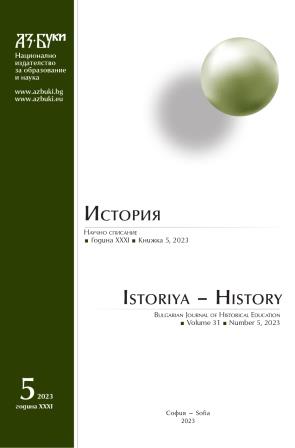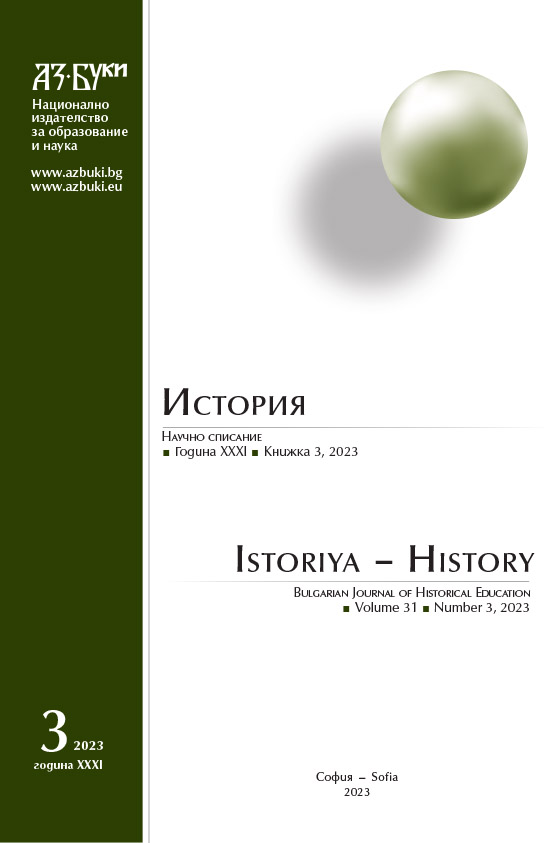
We kindly inform you that, as long as the subject affiliation of our 300.000+ articles is in progress, you might get unsufficient or no results on your third level or second level search. In this case, please broaden your search criteria.


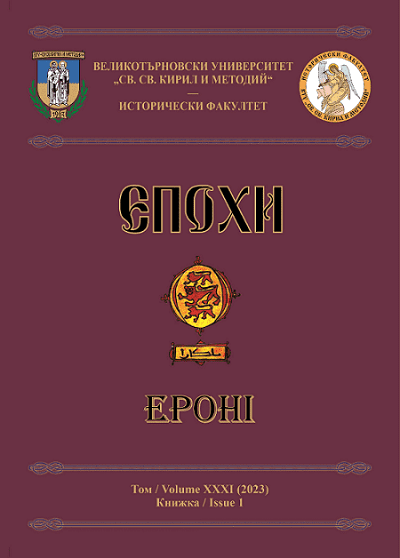
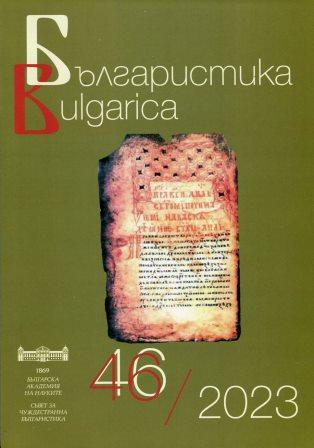


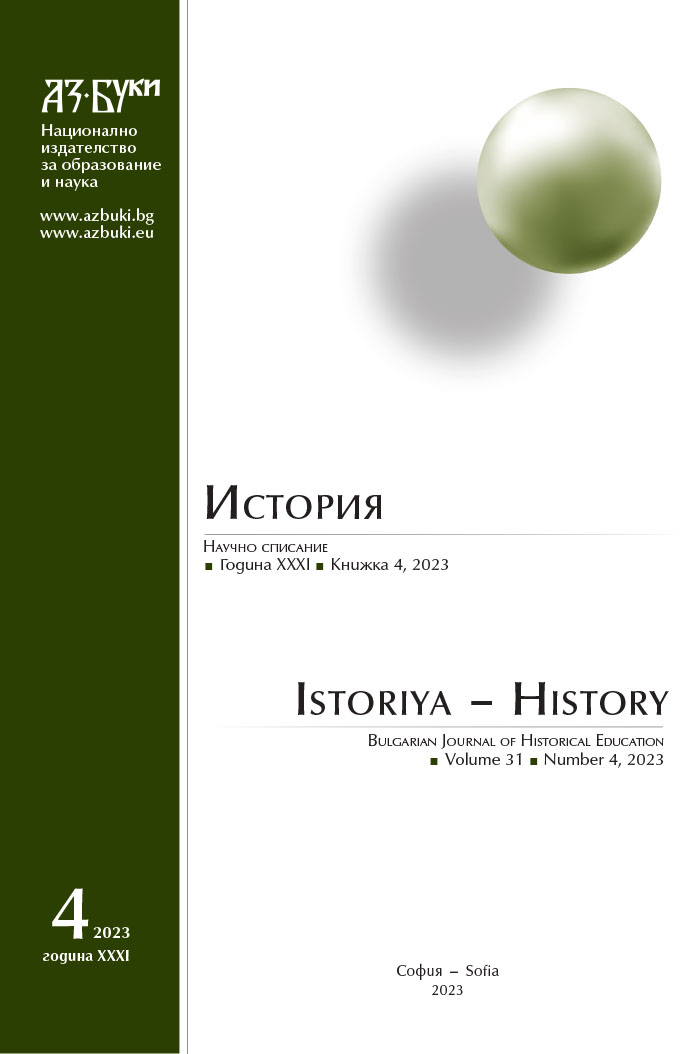
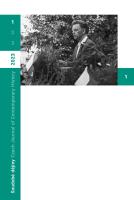
The politician and journalist Luisa Landová-Štychová was a lifelong feminist who, as a member of the Parliament of the First Czechoslovak Republic (in the years 1918–1923 and 1925–1929), entered the public consciousness mainly through her fight for the legalization of abortion. In addition to working for women’s equality, she was involved in many other areas, including atheist associations, the anti-Austrian resistance during the First World War, organizing workers’ aid, the anti-fascist movement, scouting, and the popularization of astronomy. Politically, she always stood on the left. She gradually moved from a social-democratic to an anarchist and national-social orientation, until finally aligning herself with communismin 1925. After the war she moved even further left, to Stalinist positions. The reviewer evaluates Stanislav Holubec’s biography entitled "Nešťastná revolucionářka: Každodennost a myšlenkový svět Luisy Landové-Štychové (1885–1969)" [An Unfortunate Revolutionary: The Mental World and Everyday Life of Luisa Landová Štychová,1885–1969] in the context of the gradually awakening interest on the part of Czech women historians (less so male historians) in the history of the women’s emancipation movement and the gender aspects of modern political movements. The book under review is one of the few biographies of Czech or Czechoslovak women political figures. Based on an extensive archival legacy, the author has managed to vividly present the personality of Luisa Landová-Štychová in the span of her diverse interests, activities and personal ties, and in close connection with her era and social environment, making her biography a valuable historical and sociological probe into the cultural and political history of Czech society in the twentieth century, especially into the social milieu of the First Republic leftwing intelligentsia and Prague’s left-wing civil servants.
More...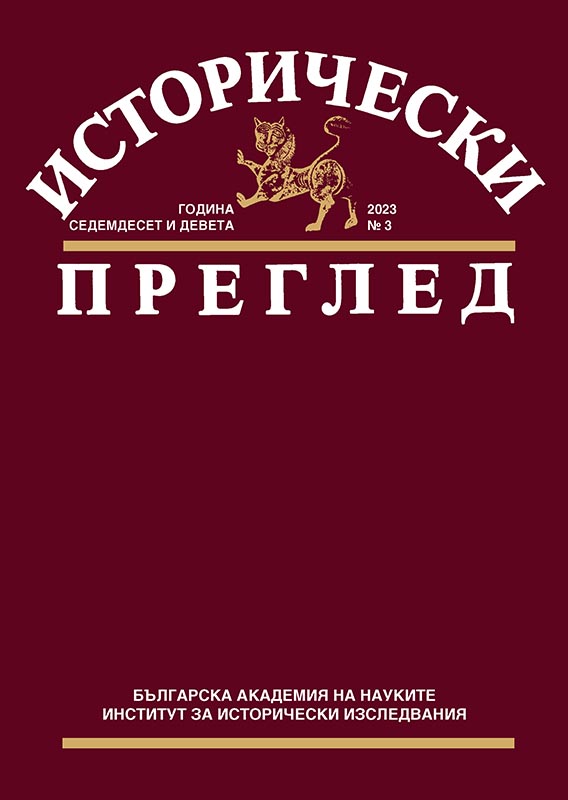
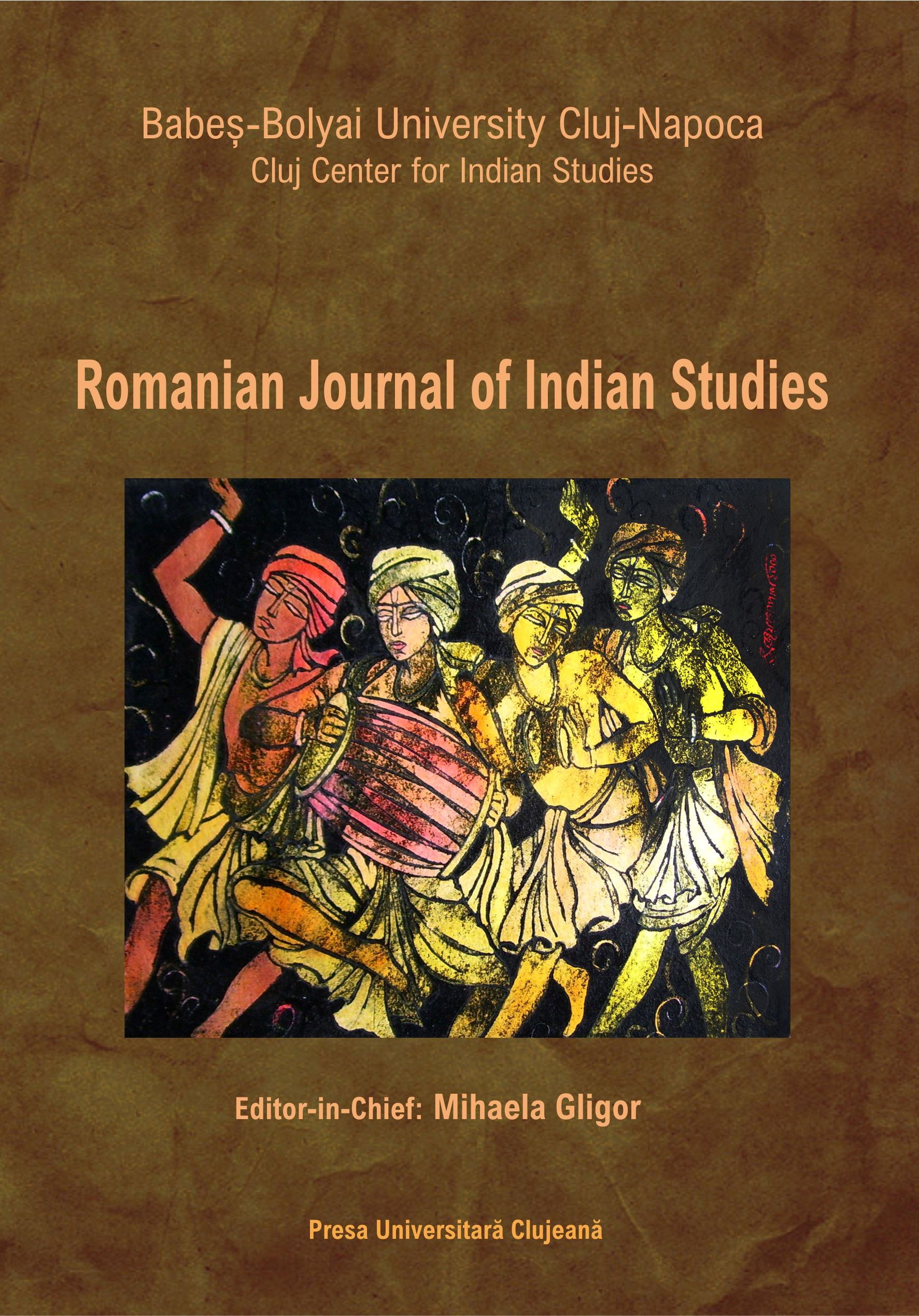
Review of: Wendy Doniger, An American Girl in India: Letters and Recollections, 1963-1964, New Delhi: Speaking Tiger Books, 2022
More...
Review of: Mihaela Gligor and Elisabetta Marino (Eds.), Tagore beyond Borders: Essays on His Influence and Cultural Legacy. London, New York: Routledge, 2023
More...
Review of: Mihaela Gligor and Elisabetta Marino (Eds.), Tagore beyond Borders: Essays on His Influence and Cultural Legacy. London, New York: Routledge, 2023.
More...
Review of: Mihaela Gligor & Lipi Ghosh (Eds.), Between Two Worlds: Romania and India. Essays on Expanding Borders through Culture, Cluj-Napoca: Cluj University Press / Presa Universitară Clujeană, 2023.
More...
Review of: Rajendra K. Jain (editor), Changing Indian Images of the European Union. Perception and Mispercetion, Palgrave MacMillan Singapore, 2019 Rajendra K. Jain (editor), India and the European Union in a Turbulent World, Palgrave McMillan Singapore, 2020
More...
Review of: Lipi Ghosh (Editor), Rabindranath Tagore in South-East Asia. Culture, Connectivity and Bridge Making, New Delhi: Primus Books, 2016, 138 pp., ISBN: 978-93-84082-80-2.
More...
Review of: Mahasweta Devi, Our Santiniketan. Translated by Radha Chakravarty, London, New York, Calcutta: Seagull Books, 2022, 133 pp., ISBN: 978-0-8574-2-901-8.
More...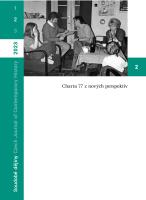
In her monograph "Zpřetrhané životy: Československé ženy v nacistickém koncentračním táboře Ravensbrück v letech 1939–1945" [Broken Lives: Czechoslovak Women in the Nazi Concentration Camp of Ravensbrück, 1939–1945], Pavla Plachá focuses on the fate of women imprisoned in this camp who were citizens of the Czechoslovak Republic before 1 October 1938. This framework allows her to comprehensively and at the same time diversely examine women from diverse ethnic, social, cultural and territorial backgrounds: from the Protectorate of Bohemia and Moravia, from the Czech borderlands occupied by the Germans after the Munich dictatorship, from the wartime Slovak Republic, and from the areas rewarded to Hungary after the First Vienna Arbitration. In the first part, Plachá traces the transformations of memorial culture in relation to Ravensbrück in different periods of post-war Czechoslovakia – which was selectively shaped according to the interests of the communist regime – focusing her research on the then overlooked groups of imprisoned women. In the second part, she presents the history of the Ravensbrück camp and various aspects of the status and camp life of the imprisoned women, not avoiding sensitive topics such as sexualized violence, homosexual relations and prostitution, pregnancy and abortion, and the violence and conflicts in the immediate aftermath of liberation. In the central third part, she categorizes and systematically examines Czechoslovak women in Ravensbrück, separately singling out groups of political convicts, the “anti-social and criminal”, Jews, Roma and Sinti, and Jehovah’s Witnesses. She enriches the collective analysis with dense biographies of selected women prisoners. The reviewer evaluates the monograph asa significant “Czechoslovak” contribution to international research on the history of the Ravensbrück concentration camp, cultures of memory of the Second World War and the Holocaust, as well as gender studies.
More...